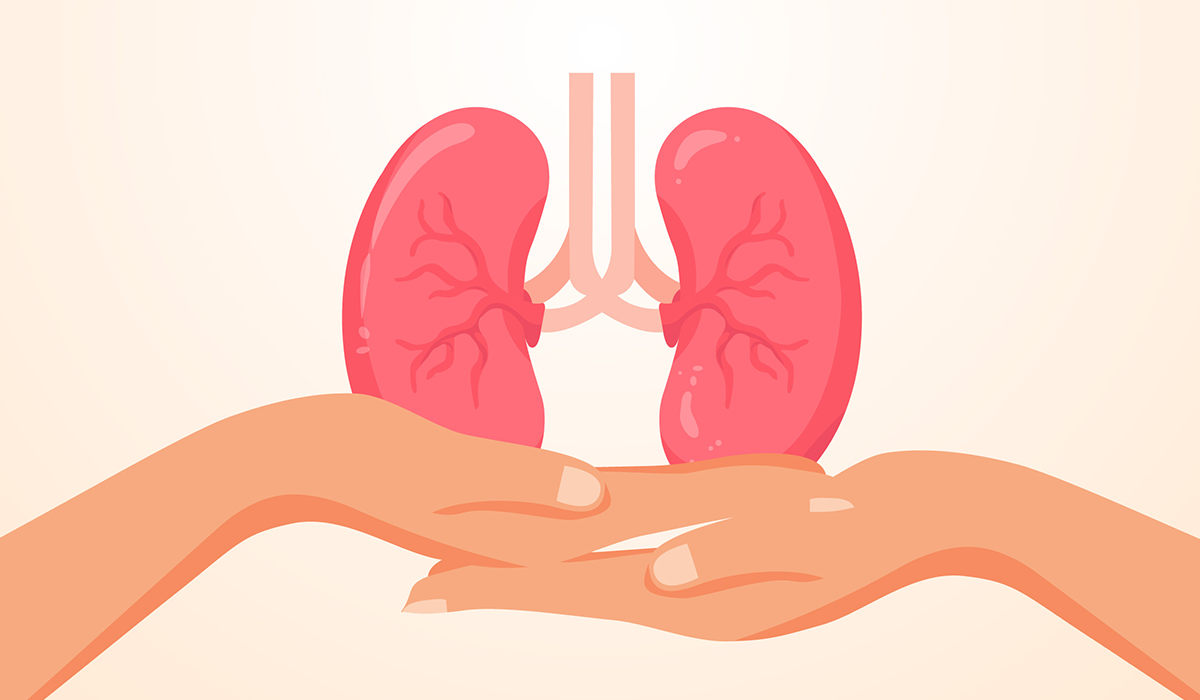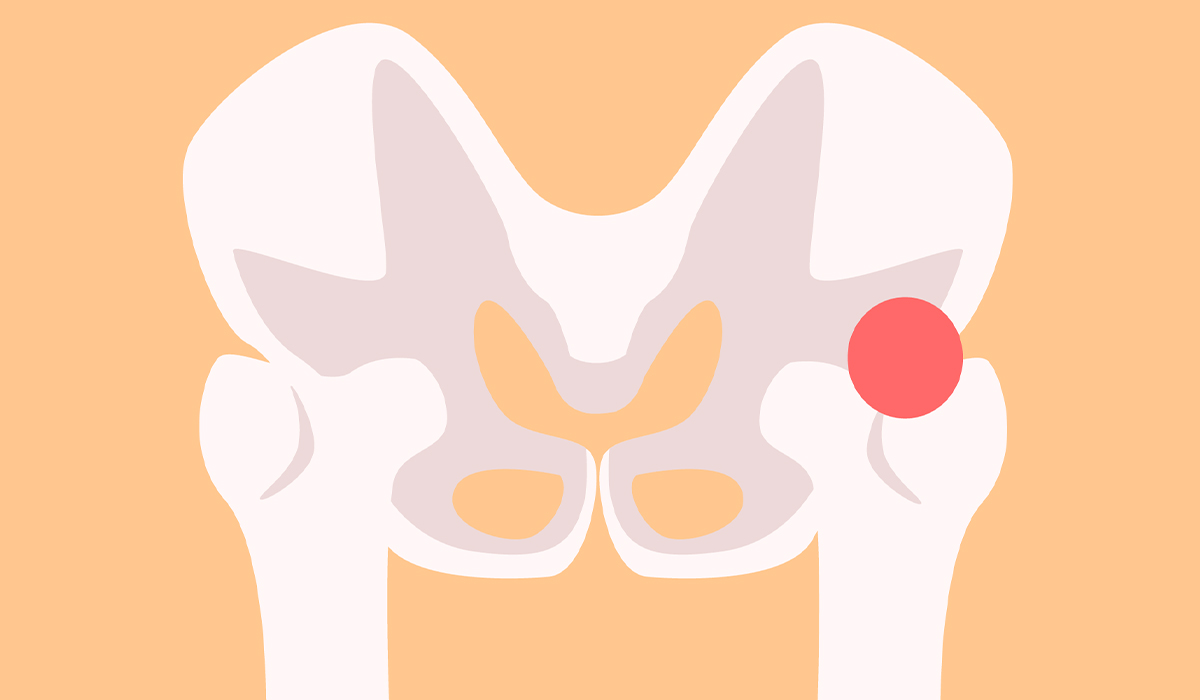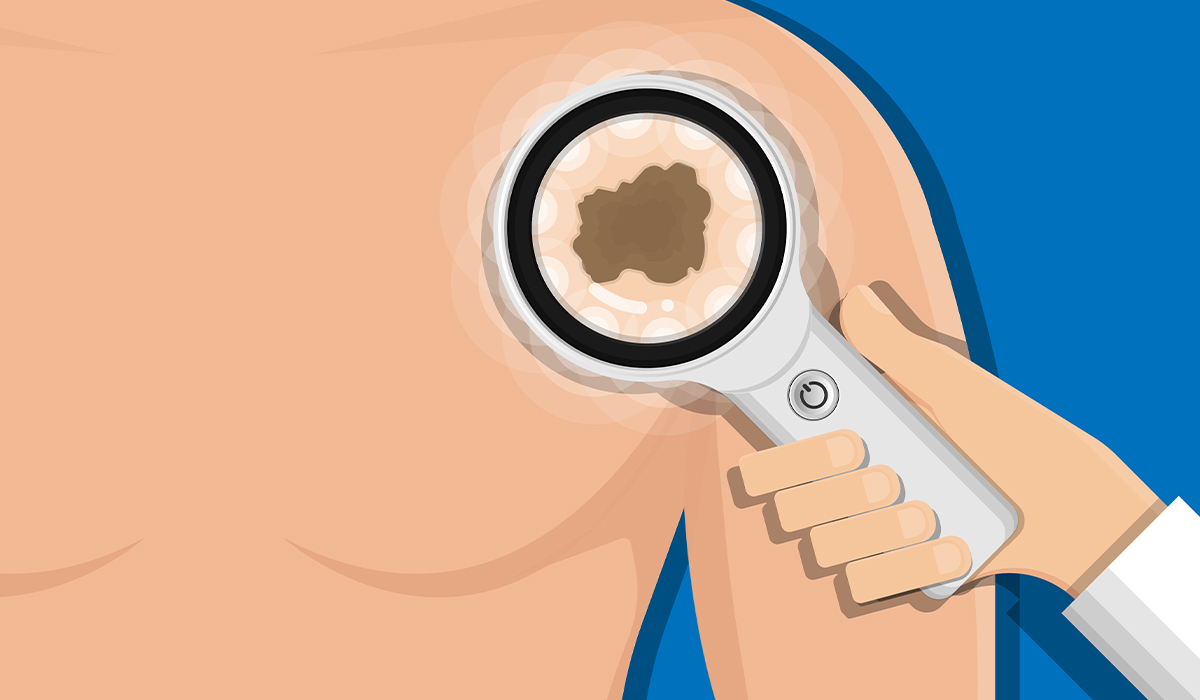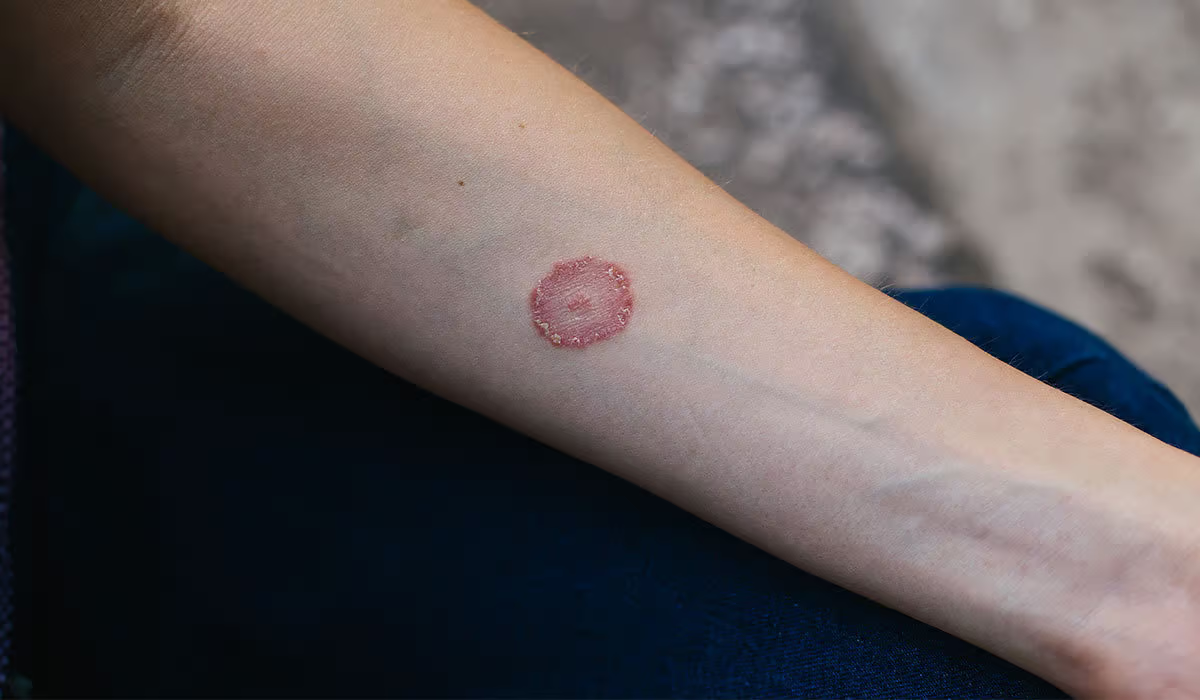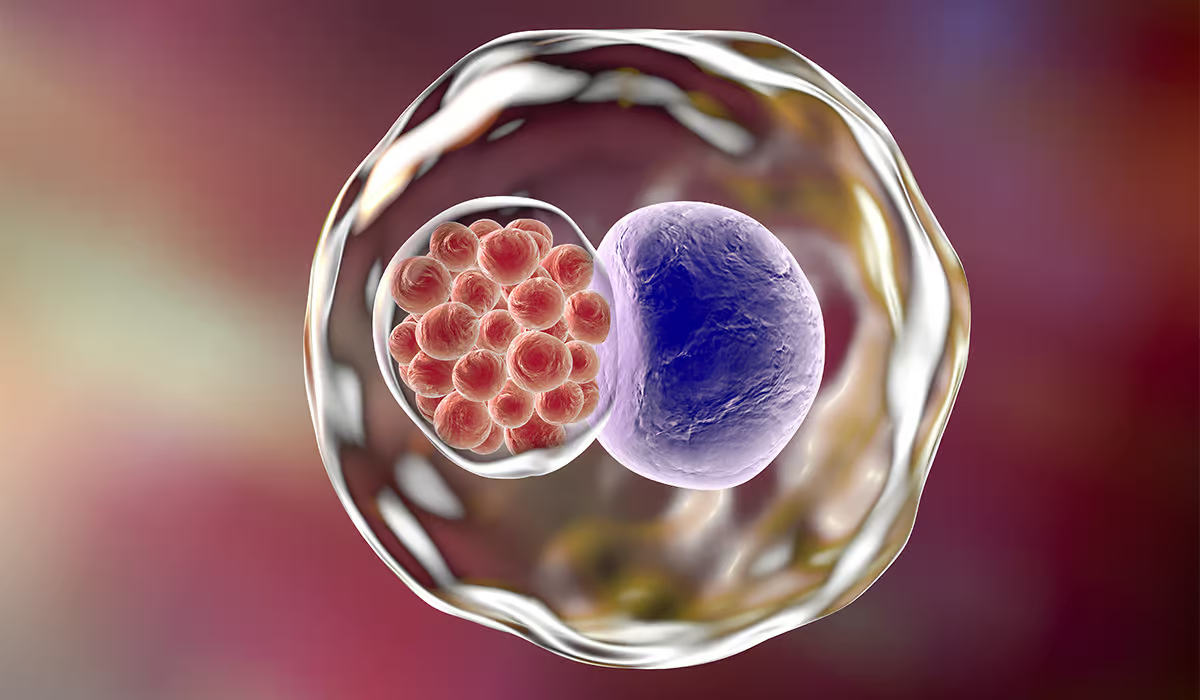Cystitis (bladder infection) is the most common type of urinary tract infection. An estimated 8.1 million visits are scheduled yearly to address this issue.
How Common Is Cystitis?
Bladder infections are a common medical condition and usually affect women. According to the research, 40 to 60% of women develop at least one bladder infection during their lifetime. And 20 to 40% of women who had bladder infections are likely to experience it again.
As for men, urinary tract infections are not that common, affecting approximately 3% of men yearly. The significant difference in UTI cases between men and women stems from human anatomy – a woman’s urethra is shorter than a man’s. Hence, the bacteria has a shorter path to travel to reach the bladder.
How Dangerous is Cystitis?
Most cases of cystitis are uncomplicated and can be treated with a course of antibiotics prescribed by a healthcare professional. However, If left untreated, a bladder infection can lead to more serious complications, such as a kidney infection. Kidney infections can be more severe and may require more intensive medical intervention.
It’s essential to seek medical attention if you suspect cystitis, especially if you experience persistent or severe symptoms. If you have recurrent episodes of cystitis, your healthcare provider may recommend further investigation to determine any underlying causes or contributing factors.
Types of Cystitis
Doctors classify cystitis based on what caused it. There are five types: bacterial, foreign body, radiation, drug-induced, and chemical cystitis.
Bacterial Cystitis
Cystitis usually develops due to bacterial infection. Typically, escherichia coli (E. coli) bacteria are responsible for the disease, but other bacteria may cause it too.
Bacterial cystitis usually develops when the bacteria enter the urinary tract and reach the urethra, where they grow in number. Addressing the infection as soon as possible is vital to prevent it from spreading to the kidneys.
Foreign Body Cystitis
Using a catheter, a tube used to drain urine from a bladder, for a long time increases the risk of tissue damage and bacterial infections, which can result in cystitis.
Radiation Cystitis
Cystitis may also develop due to radiation therapy. This form of treatment is used to eliminate cancer cells. However, it may also kill healthy cells and damage tissue, leading to bladder inflammation.
Drug-Induced Cystitis
Some drugs, including c**************e and i********e, used in chemotherapy, may cause bladder inflammation. This type of cystitis develops because medications may irritate the bladder when they exit the body with urine.
Chemical Cystitis
You may develop chemical cystitis if you are sensitive to certain chemicals in hygiene products. Such products include bubble baths, spermicidal jellies, diaphragms with spermicide, and feminine hygiene sprays. Your body may respond to these with an allergic reaction, potentially leading to bladder inflammation.
Risk Factors
Cystitis rarely affects healthy men. Women have short urethra, making it easier for bacteria to reach the bladder and cause an infection. In addition, the following factors increase the risk of developing cystitis:
- Pregnancy: Hormone activity during pregnancy increases the risk of cystitis.
- Menopause: Menopause also leads to hormone changes in the body, which may result in a bladder infection.
- Being sexually active: Bacteria that cause bladder infection may be pushed into the urethra during sexual intercourse.
- Using birth control: Diaphragms, a method of contraception, increase the risk of developing cystitis.
- Using urinary catheters: Urinary catheters are flexible tubes used by older people and those with chronic illnesses to empty the bladder. Long-term use increases the risk of bladder infections.
- Immune system changes: Certain health conditions, including diabetes, cancer, and HIV, may affect the immune system, making affected individuals more prone to bacterial infections.
- Incorrect flow of urine: An enlarged prostate and a stone in the bladder may interfere with the flow of urine, increasing the risk of cystitis.

Signs and Symptoms
The most common symptoms of cystitis are as follows:
- Cramping in the back or abdomen
- Frequent need to urinate
- Burning feeling or pain while urinating
- Urine with a pungent smell
- Mild fever
- Need to urinate even after emptying the bladder
- Hematuria (blood in the urine)
- Pelvic discomfort
- Pain while having sexual intercourse
- Feeling sick and achy
- The dark color of urine
More symptoms may develop if a bladder infection spreads to the kidneys. These usually include:
Kidney infection is a severe condition and requires immediate medical attention.
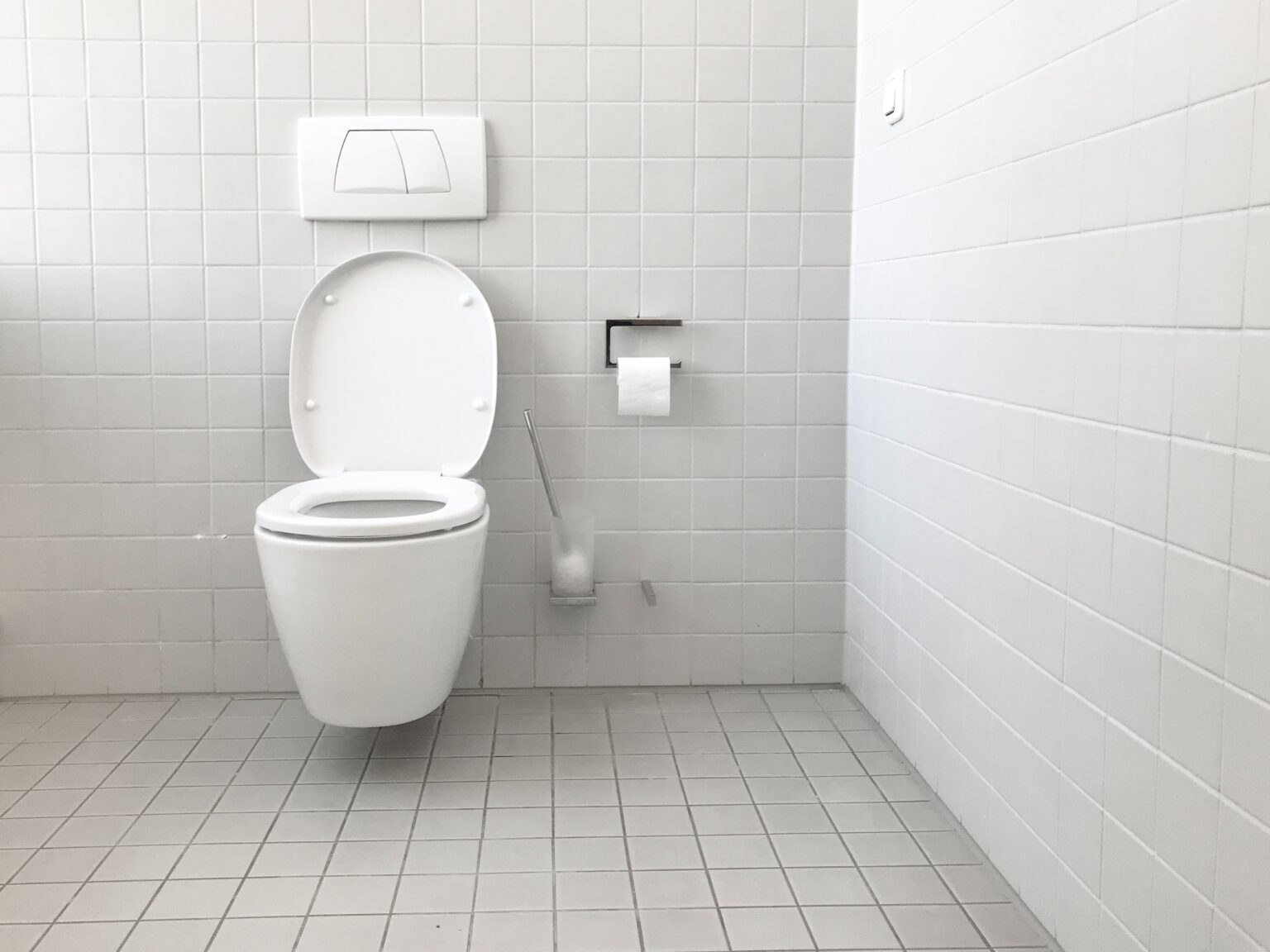
Complications
Cystitis does not typically cause additional health problems unless it is untreated. Timely diagnosis and treatment with medicines significantly reduce the risk of severe complications. But if cystitis is diagnosed late or ignored, the following health conditions may develop:
- Kidney infection: In untreated or severe cystitis, bacteria may spread to the kidneys, causing kidney infection, also known as pyelonephritis. Disease of the kidneys is considered dangerous and may cause irreversible damage to these organs.
- Bloody urine: People with cystitis may have blood cells in their urine. However, they are typically only seen under a microscope and go away after treatment. This condition is referred to as microscopic hematuria. But if blood can be seen in an individual’s urine, this means they have gross hematuria – a cause for concern that requires immediate medical attention. It may indicate a kidney infection or another serious condition.
Less commonly, cystitis may lead to:
- Irritable bowel syndrome (IBS)
- Pelvic floor dysfunction
- Anxiety
- Panic attacks
- Chronic fatigue syndrome
- Fibromyalgia
- Vulvodynia
- Lupus
Diagnosis and Tests
If you are experiencing a bladder infection, contact your healthcare provider immediately. Your doctor will ask about your symptoms and medical history and request a urine sample to perform necessary tests. These tests usually include urine culture and urine analysis:
- Urine analysis: The test checks urine’s content, appearance, and concentration. Only a small sample of urine is required. The test helps determine the signs of infection developed by bacteria or other causes. If the result is positive, you will be ordered a urine culture test to determine which bacteria caused the infection.
- Urine culture: Urine culture helps determine the type of bacteria responsible for cystitis and the antibiotics to which it is vulnerable.
Your healthcare provider may order additional tests if you keep getting bladder infections. These tests may include:
- Voiding cystourethrography: In this procedure, a doctor puts a dye into your bladder to determine if urine travels back to the kidneys.
- Imaging: Imaging tests include ultrasound, magnetic resonance imaging (MRI), and computerized tomography (CT). They can show kidney stones, tumors, and other issues.
- Intravenous urogram (IVU): IVU is a form of X-ray using a contrast dye to create images of kidneys, bladders, and ureters.
- Cystoscopy: Cystoscopy involves examining the bladder with a tool called a cystoscope. A cystoscope is a thin tube with a light and camera that can collect bladder tissue for testing.
- Retrograde urethrography: Retrograde urethrography is a test that uses contrast dye to find issues in the urethra.
Treatment
The most common form of cystitis – bacterial cystitis – can be cured with antibiotics. Symptoms usually improve quickly within a few days after starting the treatment. It is crucial to finish the entire course of antibiotics as a doctor advises, even if there are no signs of cystitis left. The antibiotic course length usually depends on the type of bacteria that caused cystitis and if it is a recurring infection.
For women past menopause, a recommended treatment is sometimes a vaginal cream that contains estrogen. However, this strategy may not be advised if there is a risk that vaginal estrogen will trigger other health issues.
Home Remedies
There are several things you can do to relieve the symptoms of cystitis at home:
- Drink plenty of fluids every day.
- Avoid caffeinated drinks such as coffee and energy drinks.
- Apply a heating pad to your lower abdomen to ease pain.
- Avoid alcohol and citrus juices.
- Wear loose clothes and cotton underwear.
- Use over-the-counter nonsteroidal anti-inflammatory drugs (NSAIDs), such as ibuprofen and acetaminophen.
- Avoid any food and drinks that trigger your symptoms.
- Try cranberry juice.
When Should You Seek Emergency?
Some symptoms that may develop due to cystitis are more concerning than others and indicate a severe medical condition. Ask for an urgent appointment with your healthcare provider if you experience the following symptoms:
- Visible blood in your pee
- High body temperature
- Difficulty speaking
- Feeling sick and tired
- Confusion
- Pain in the back or lower abdomen
- Low body temperature
Prognosis for Cystitis Patients
Most people with bladder infections recover after the entire course of antibiotics. However, the outlook of cystitis depends on several factors, including the severity of symptoms, other medical conditions, type of cystitis, and whether it was diagnosed early or late.
How to Prevent Cystitis?
While it’s not always possible to prevent cystitis completely, there are steps you can take to reduce your risk of developing it. Here are some tips:
- Urinate regularly: Don’t hold in urine for long periods. Emptying your bladder periodically helps to prevent the growth of bacteria.
- Use cranberry products: Some studies suggest that cranberry juice or supplements may help prevent recurrent urinary tract infections by preventing bacteria from adhering to the bladder wall. However, the evidence is inconclusive, so it is advisable to consult with your healthcare provider before trying this approach.
- Urinate after sexual activity: If you’re sexually active, urinate after intercourse to help get rid of any bacteria that may have entered the urethra during sex.
- Manage chronic conditions: If you have diabetes or other conditions that may increase your risk of urinary tract infections, work with your healthcare provider to manage these conditions effectively.
- Practice good hygiene: Wipe from front to back after using the toilet to prevent bacteria from the anal region to enter the urethra.

Key Facts You Should Know
Cystitis is a common bladder infection often caused by bacteria. It primarily affects women due to their shorter urethra. Its main symptoms include frequent urination, the need to urinate even after emptying the bladder, and abdominal pain. If left untreated, cystitis can lead to kidney infections and other complications.
Types of cystitis include bacterial, foreign body-induced (often due to catheter use), radiation-induced (resulting from cancer treatment), drug-induced (linked to certain medications like chemotherapy drugs), and chemical cystitis (triggered by sensitivity to specific chemicals).
Diagnosis involves urine analysis and culture, with additional tests for recurrent cases, including imaging and cystoscopy.
Treatment typically involves antibiotics, lifestyle changes, and home remedies like cranberry juice, heating pads, and NSAIDs. Emergency medical attention is necessary for severe symptoms like visible blood in urine, high fever, confusion, or severe pain.
Sources
- NIH. (2023). Cystitis.
https://www.ncbi.nlm.nih.gov/books/NBK482435/ - MedlinePlus. (2022). Cystitis – acute.
https://medlineplus.gov/ency/article/000526.htm - Urology Care Foundation. (2023). What is Interstitial Cystitis(IC)/Bladder Pain Syndrome?
https://www.urologyhealth.org/urology-a-z/i/interstitial-cystitis - YaleMedicine. Cystitis.
https://www.yalemedicine.org/conditions/cystitis - University of California. Cystitis (Bladder Infection).
https://shcs.ucdavis.edu/health-topic/cystitis-bladder-infection
- Cystitis: What Is, Types, Risk Factors, Diagnosis, and Treatment
- What Is Cystitis?
- How Common Is Cystitis?
- How Dangerous is Cystitis?
- Types of Cystitis
- Risk Factors
- Signs and Symptoms
- Diagnosis and Tests
- Treatment
- When Should You Seek Emergency?
- Prognosis for Cystitis Patients
- How to Prevent Cystitis?
- Key Facts You Should Know
